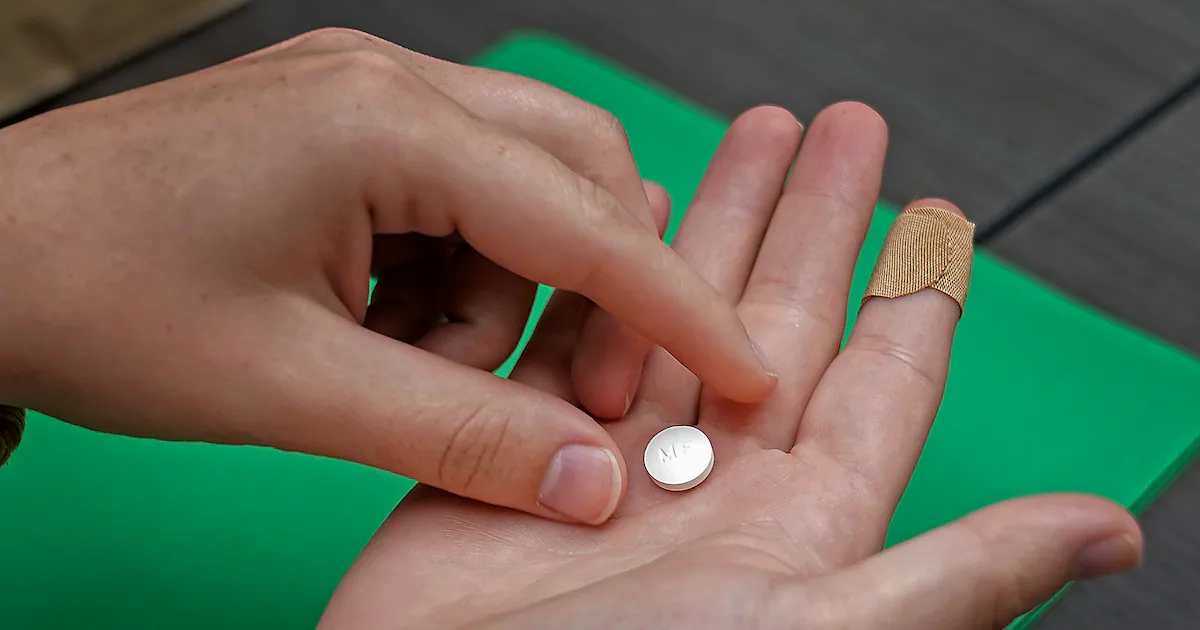Copyright Anchorage Daily News

Reproductive rights advocates are working to shore up access to abortion pills nationwide - and to strengthen their defense against efforts to prosecute doctors and pharmacies supplying the medication to states where it is banned. On Wednesday, a group of attorneys, advocates and abortion providers launched Reproductive Futures, a group that aims to increase the number of telehealth services offering medication abortion and other reproductive care in the United States and bolster legal protections for their workers and volunteers. The growing popularity and availability of medication abortion has made it a top target for the antiabortion movement, with conservative officials pursuing fines and jail time for providers they suspect of mailing the drugs across state lines in defiance of local laws. Human rights lawyer Julie F. Kay, who is leading the new effort, has helped craft state-level “shield laws” to protect medical providers who prescribe abortion pills from out-of-state prosecution. Kay previously helped start the Abortion Coalition for Telemedicine alongside Margaret Carpenter, a New York doctor who is one of two physicians known to be facing an arrest warrant and other legal action from Republican-led states for allegedly prescribing abortion pills in violation of state law. Such efforts from conservatives have largely failed to curb access to abortion pills. Louisiana’s arrest warrant against Carpenter has gone unsigned for months. New York officials have refused to extradite her or process any judgments, citing the state’s shield law. The other warrant, issued by Louisiana for a California-based doctor - revealed in court filings last month - is also outstanding. But Kay said the prosecution efforts by conservatives have pushed advocates to find better ways to maintain that availability. The work, Kay said, will be driven by a key question: “How can I get the law out of their way?” Red-state lawmakers and congressional Republicans have asked the Food and Drug Administration to review the safety of mifepristone, a key abortion medication, and bring back stricter dispensing requirements, such as requiring patients to pick up the drug in person. Some abortion opponents are also pursuing novel legal arguments to stifle pill access. A handful of recent wrongful-death lawsuits filed in Texas have cited the Comstock Act, an 1873 law - largely unenforced for decades - that bans abortion-related materials from being sent through the mail. Texas and Louisiana have also enacted legislation that opened the gates to more lawsuits against abortion providers. “What we’ve seen coming out of states like Texas is really stretching the law to its breaking point and beyond,” Kay said. The shield laws protecting abortion providers - active in eight states - have stalled any prosecutions for now. Still, an early focus of Kay’s new group will be strengthening those statutes to try to prevent further legal action against clinicians who mail abortion pills. The group is billing itself as the “legal backbone” for reproductive health care moving forward. In first-of-its-kind legislation passed last month, California extended its shield law. The state now allows, for the first time, the names of patients to be removed from abortion pill packages, alongside those of providers and pharmacists. The law is intended to protect patients’ privacy and make it harder for antiabortion activists to gather names for use in legal action against providers. Kay, who had a hand in that provision, is hoping to use it and other initiatives to expand shield laws in the states where they are already on the books. Her new group also will focus on promoting legislation to guarantee reciprocal protections across shield-law states, an approach pioneered by Vermont. The legislation allows a provider from one shield-law state to travel to another while remaining explicitly protected against out-of-state legal action related to abortion. “We’re dealing with people’s lives and livelihood and avoiding being incarcerated unfairly,” Kay said. “I want this to be very, very well and carefully drafted and done.” In anticipation of more legal action, the organization has secured a handful of in-house attorneys and pro bono support from outside law firms that will help represent providers facing legal threats and consult on policy initiatives surrounding abortion law. Rachel Rebouché, a law professor who drafted the original shield law strategy and has been asked to advise the new group, said the multipronged approach is essential to addressing the complicated legal questions raised by interstate battles over abortion pills. “It’s essentially making the shield more durable, with fewer holes,” she said.



